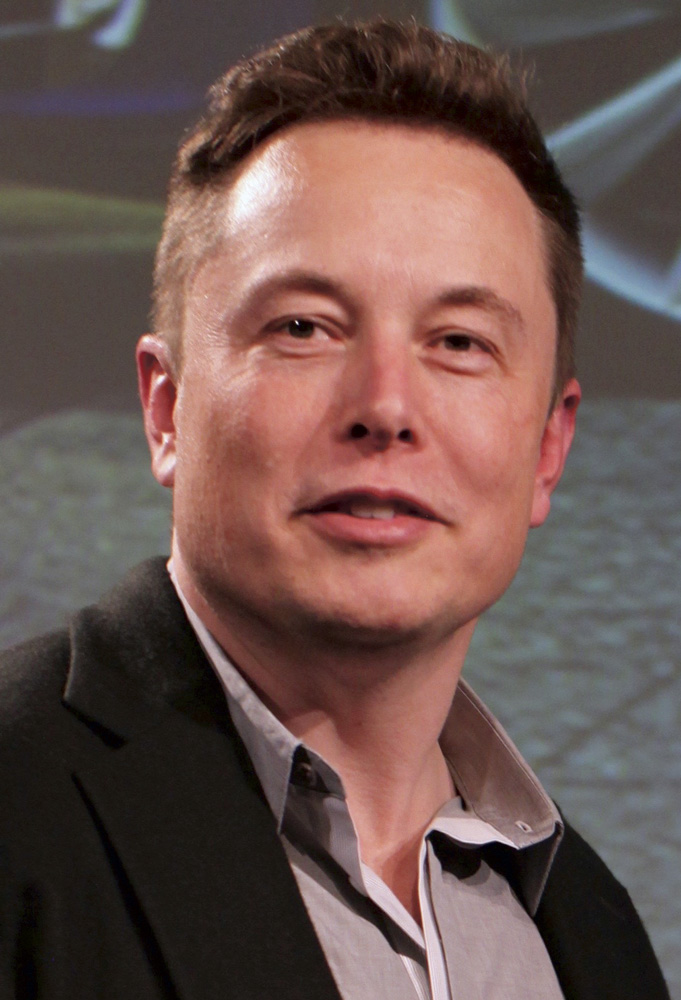
Jack Alegre
With all of our attention focused on the Earth around us, it’s easy to forget that we once dreamt of a better future in space. Thanks to advances in science and daring entrepreneurs such as Elon Musk, we might just have a way back into the stars.
I’m talking about reusable rockets. Our current rockets are horribly inefficient; too often they are one-trick ponies that launch and then burn up in the atmosphere. The National Aeronautics and Space Administration’s defunct space shuttle program was meant to be the solution, but was terminated in 2011.
Billionaire entrepreneurs like Musk and Jeff Bezos, however, are looking to bring sustainable space flight back, with programs such as Musk’s SpaceX and Bezos’ Blue Horizon. Blue Horizon’s revolutionary development allows it to lift off and return vertically, landing down straight on the launch pad. SpaceX has been a key element in this field of dreams as well.
These reusable rockets are environmentally savvy in that you don’t have to build a new one for every expedition, saving millions of dollars in materials. Focusing on strengthening and expanding upon our current rockets isn’t just a commitment to efficiency. It’s a commitment to sustainability. Rockets designed to come back down show a desire to not just pillage all of Earth’s resources for the sake of developing a new toy. It’s a conscious acknowledgment that Earth’s resources are limited and that we should find a way to use our technology to not deplete it.
That’s not to say that these ventures aren’t without their setbacks. On Sep. 1, one of SpaceX’s test rockets actually exploded at the Cape Canaveral launch pad. This is a sobering reminder that, although space flight is a marvel of modern technology, it is still fraught with peril.
Though problems may occur, space travel is not inherently a waste of money and resources; it has not had its time to fully develop. Space flight reached its pinnacle with the 1969 moon landing, and is seen by many as a wasted opportunity.
Nevertheless, I would say that SpaceX and Blue Horizon are still important, as they mark a return to a golden age of science. This is real uncharted territory here, so to speak, and perhaps private ventures such as these are the way to do it.
Of course there are concerns over whether it is wise to let the private sector develop it. These concerns are not without their reasons, with questions being asked such as whether private companies will have the same ethical standards and duties towards those testing their equipment as the government would. Much of the fear is driven by the idea that space travel would become an exclusive and for-profit venture, and that companies such as SpaceX will have a monopoly on it.
These are well-founded fears, but this is actually one of the few sectors where private investment could be a good thing. Because the technology is not yet fully realized, people such as Musk and Bezos will put more effort into funding and creating it. This will be an opportunity to actually have a competition-driven advance of technology and will push science forward.
More than anything, a return to sustainable means of space flight should be looked at as a blessing. It’s a symbol of hope and belief in the science of humankind. One not geared towards war or domination, but one focused on improving technology for people. It’s a chance to start not only a new space race, but a new age of science-driven learning.










